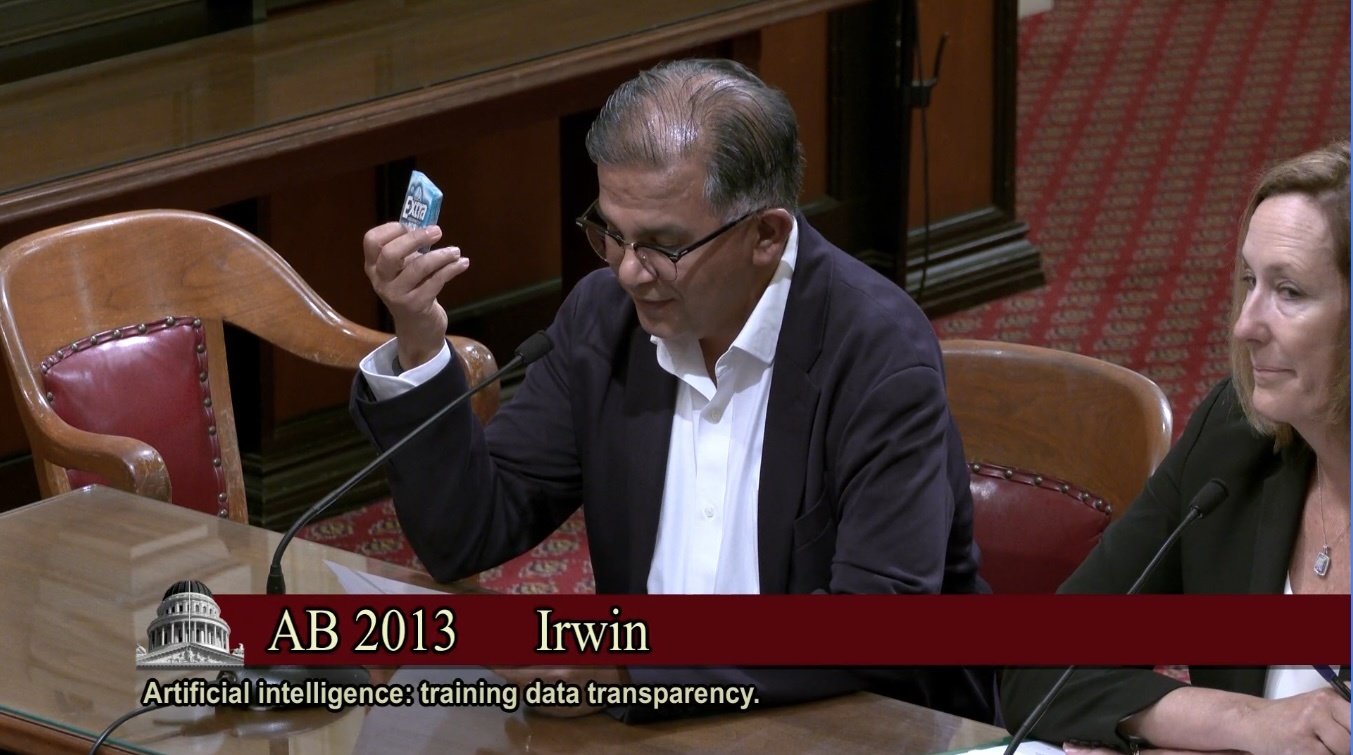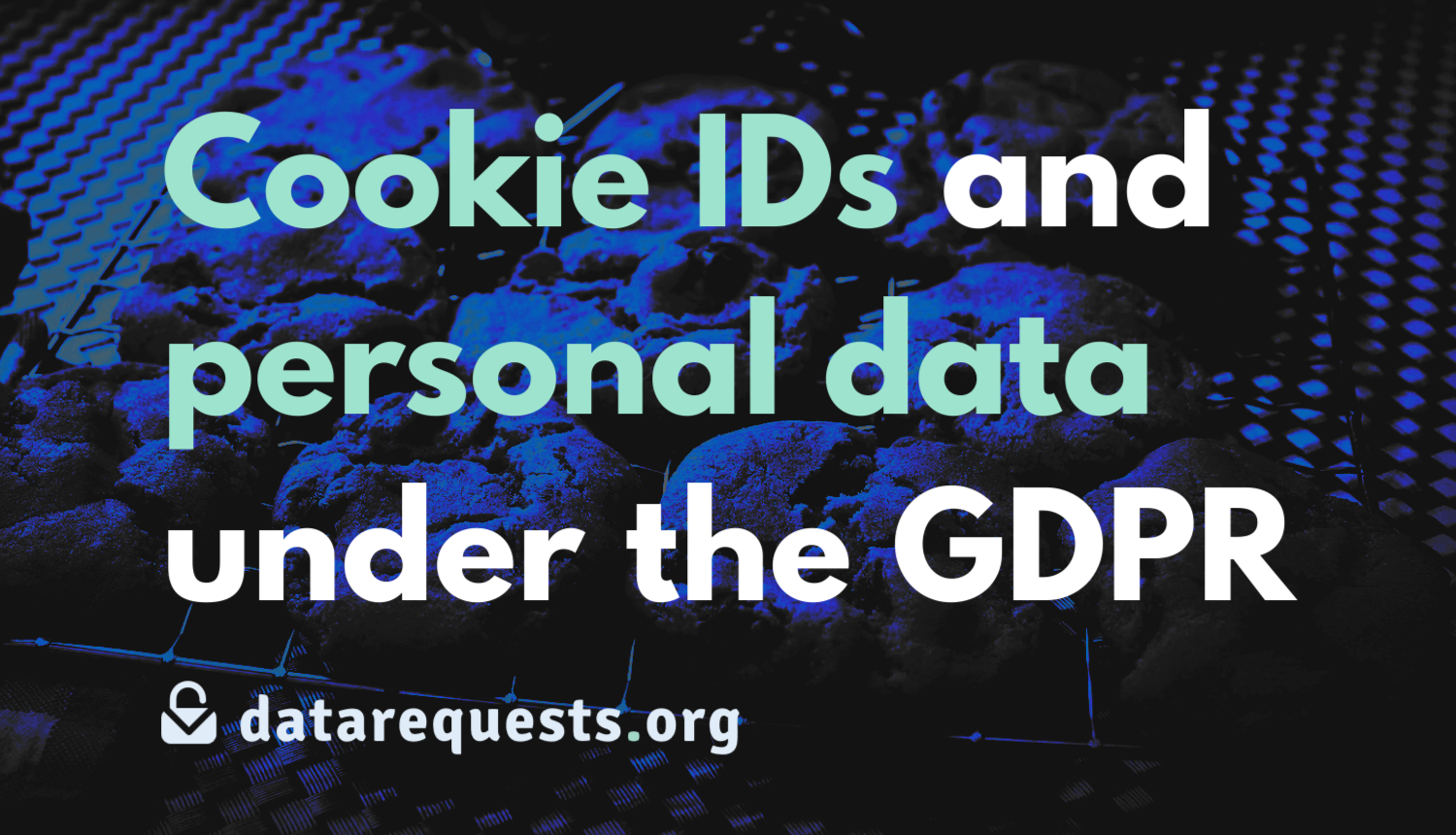
The Dark Side of Personalization: How Cookies Are Invading Your Privacy
As I sat at my desk, sipping my morning coffee, I couldn’t help but feel a sense of unease. I had just clicked ‘Accept all’ on a website, and suddenly I was bombarded with targeted ads. It was as if the website knew me, knew my interests, and knew exactly how to get my attention. But at what cost?
The use of cookies on websites has become a ubiquitous practice. They are used to provide a personalized experience, to authenticate users, and to prevent spam and abuse. But what happens when we click ‘Accept all’? What are we really agreeing to?
The answer lies in the fine print. When we click ‘Accept all’, we are giving websites and their partners permission to store and/or access information on our devices. This includes precise geolocation data, IP addresses, and browsing and search data. But that’s not all - we are also giving them permission to use this data for personalized advertising and content, advertising and content measurement, and audience research and services development.
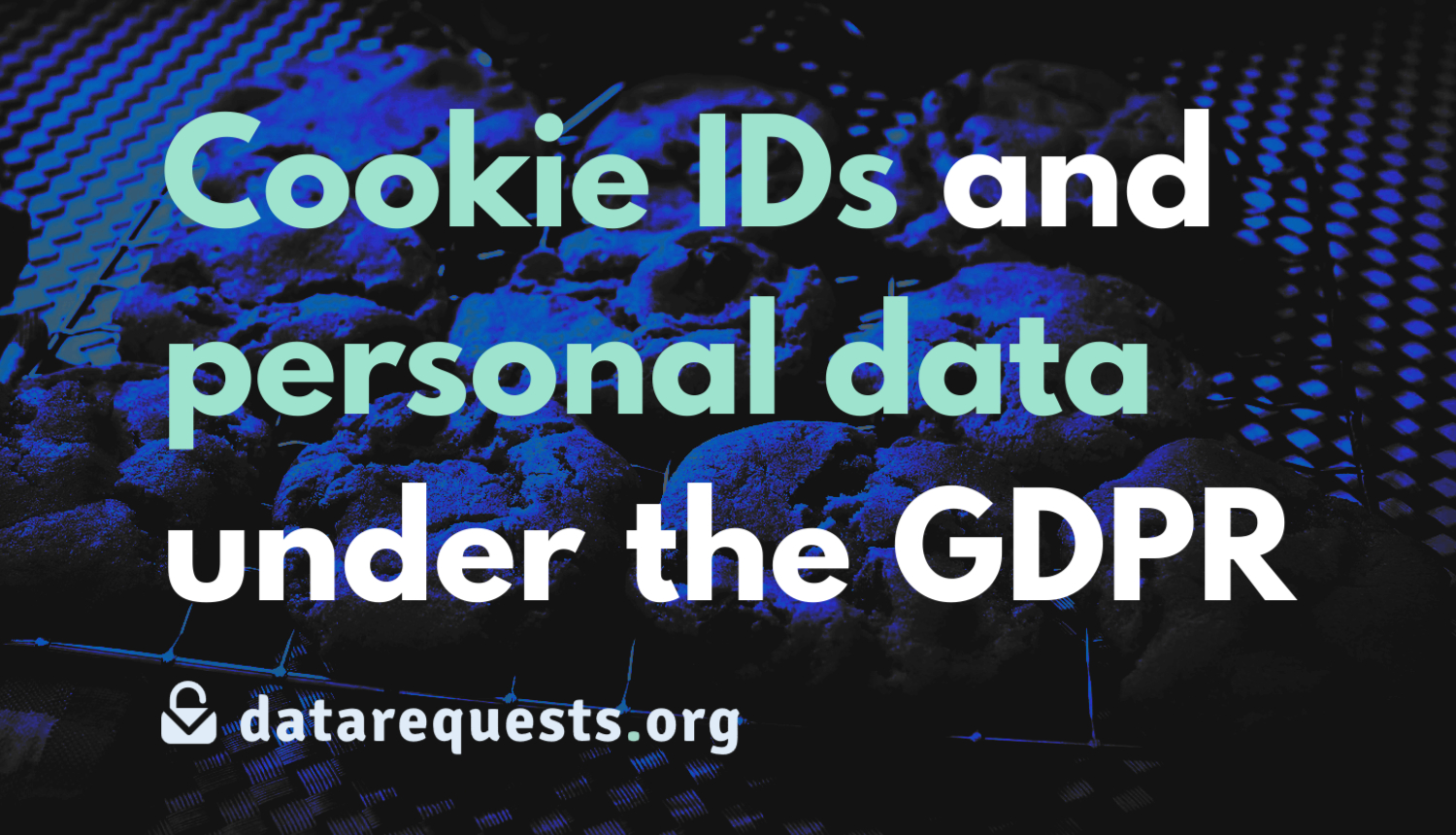 The Dark Side of Personalization
The Dark Side of Personalization
But what does this mean for us? It means that our personal data is being used to create a profile of us, a profile that is used to target us with ads and content. It means that our browsing history, our search queries, and our location are all being used to create a picture of who we are and what we want.
The Price of Personalization
But is this really what we want? Do we want to be tracked and targeted every time we go online? Do we want our personal data to be used for purposes that we may not even be aware of?
The answer is no. We deserve better. We deserve to have control over our personal data, to know how it is being used, and to be able to make informed decisions about who we share it with.
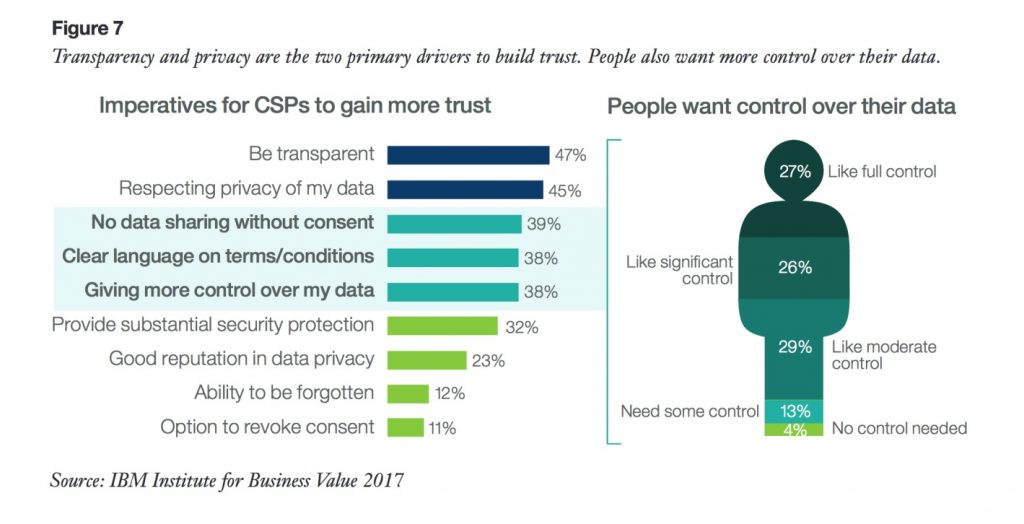 Taking Back Control
Taking Back Control
So what can we do? We can start by being more mindful of the websites we visit and the cookies we accept. We can read the fine print and understand what we are agreeing to. We can use tools like ad blockers and VPNs to protect our personal data. And we can demand more transparency from websites and their partners.
 The Future of Personalization
The Future of Personalization
The use of cookies on websites is a complex issue, and there is no easy solution. But one thing is clear: we deserve better. We deserve to have control over our personal data, and we deserve to be treated with respect.
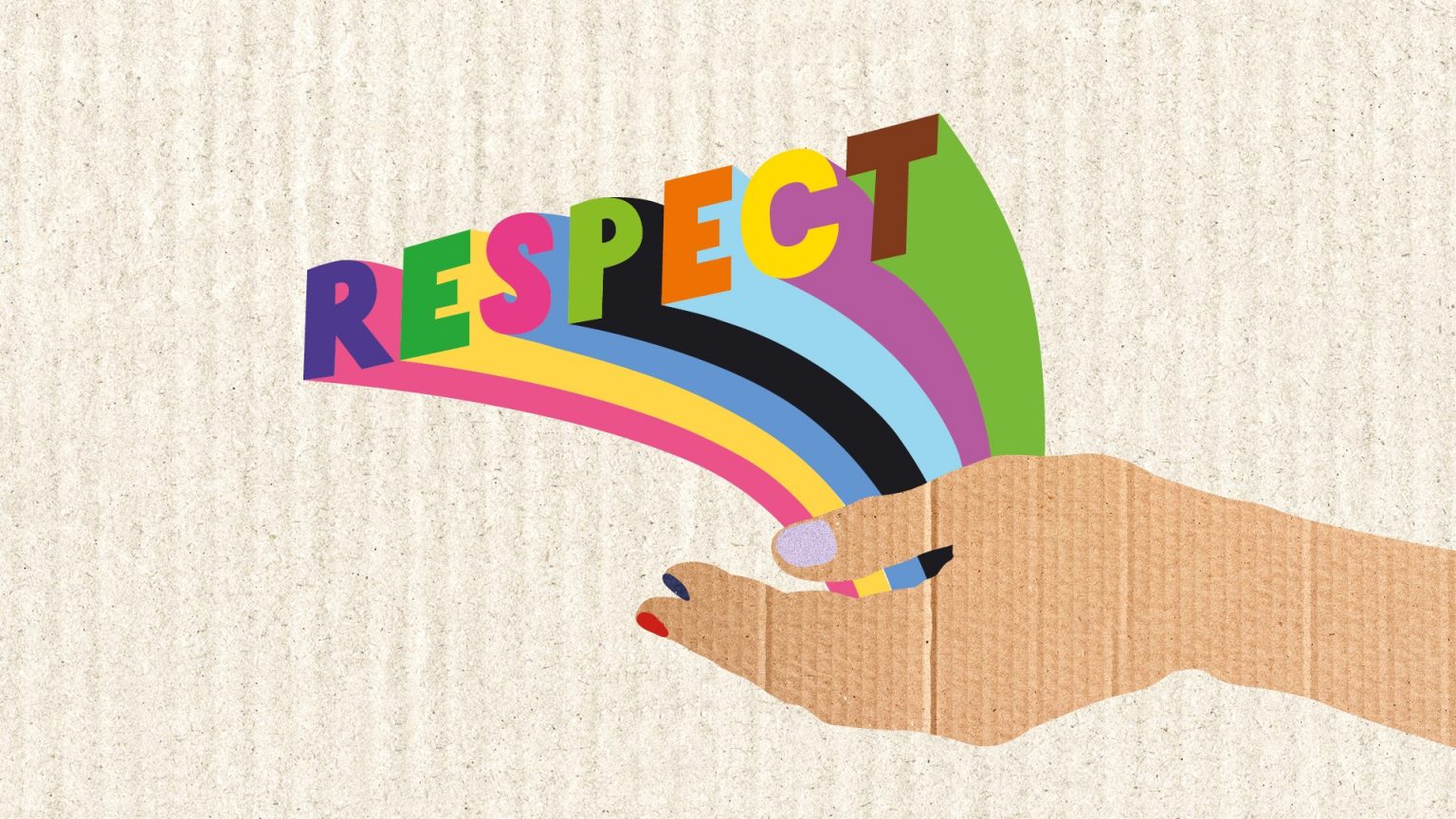 The Bottom Line
The Bottom Line
So the next time you click ‘Accept all’, remember what you are really agreeing to. Remember that your personal data is valuable, and that it deserves to be treated with respect. Take back control, and demand more transparency from the websites you visit.
 The Final Word
The Final Word













